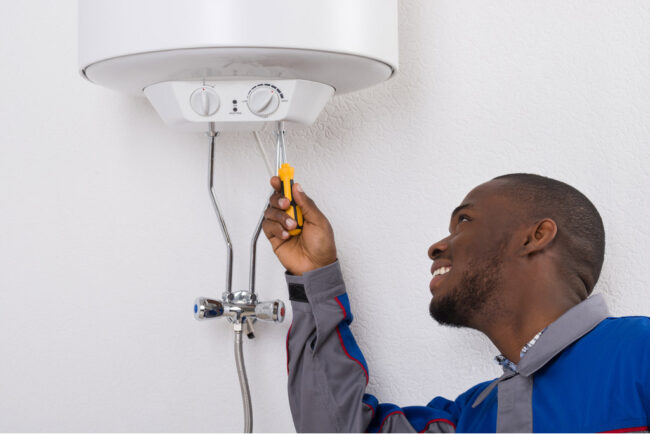Efficiency Unveiled: How Pipe Insulation Enhances Energy Performance in Your Basement Water Heater Setup
Ensuring the efficiency and longevity of your water heater system involves more than just choosing the right appliance. When installing a water heater in the basement, one often overlooked yet critical aspect is the insulation of the pipes. Let’s explore why pipe insulation is indispensable for optimal water heater performance in this unique setting. It is extremely important when it comes to water heater repair and troubleshooting as well.
In a basement environment, temperature variations are more pronounced compared to other parts of the home. This is especially true in regions with colder climates. Uninsulated pipes can be susceptible to freezing, leading to potential damage and disruptions in hot water supply. Pipe insulation acts as a protective barrier, preventing heat loss and maintaining consistent water temperature, even in the face of basement chill.

Beyond temperature regulation, pipe insulation contributes to energy efficiency. When pipes are exposed to the cooler conditions prevalent in basements, the water heater works harder to maintain the desired temperature. This increased workload translates to higher energy consumption and, consequently, elevated utility bills. Proper insulation minimizes heat loss, allowing the water heater to operate more efficiently and economically.
Another significant benefit of pipe insulation in basement installations is the prevention of condensation. In the naturally damp environment of a basement, temperature differentials between the pipes and the surroundings can lead to condensation buildup. This moisture can contribute to corrosion and rusting of the pipes over time. Insulation acts as a barrier against these adverse effects, safeguarding the integrity of the water heater system.